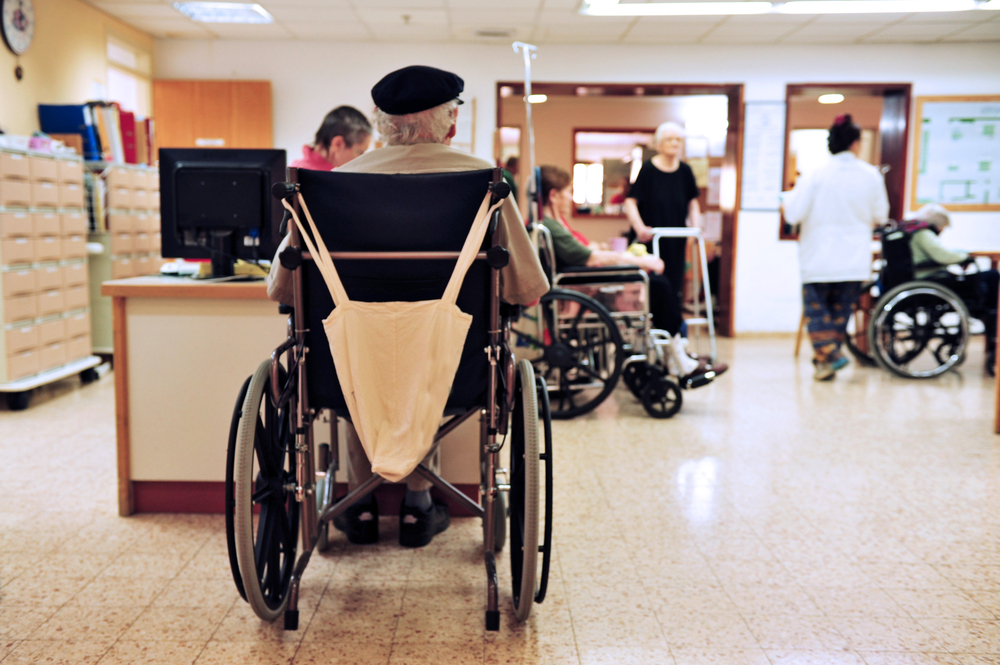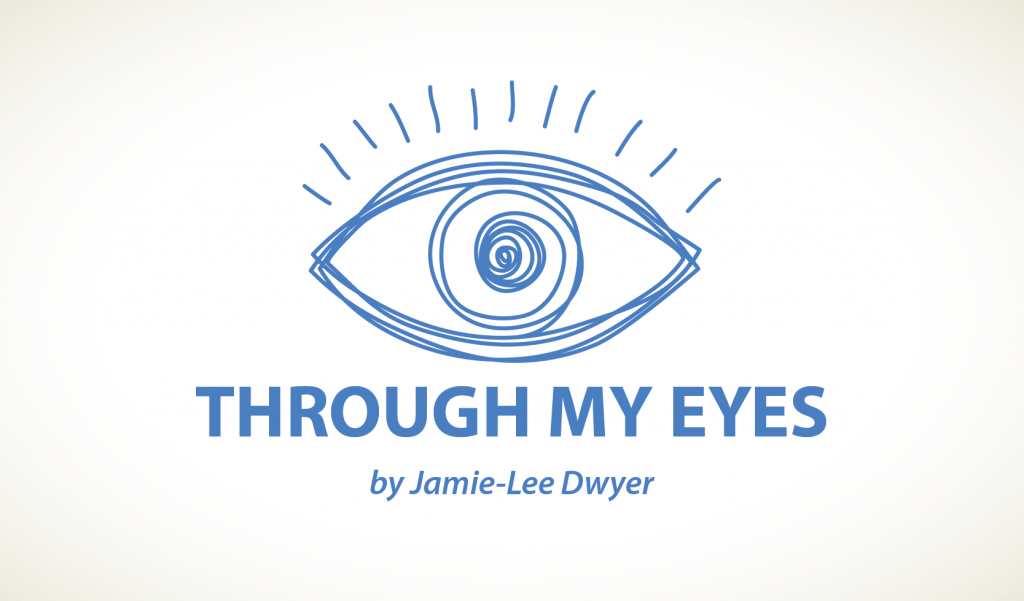Breaking Down Barriers in Care Settings
Written by |

Why is it so hard for some people to recognize that people with a disability are human as well, with the same needs and wants we all have?
I have seen a lot of nonverbal people with a disability treated as if they are mentally incapacitated when they aren’t. They are treated like 5-year-old kids whose lives never will amount to much because of their physical situations. Because one can’t speak does not mean he or she can’t think and should be dropped in front of a TV set and ignored for the rest of the day — especially if the channel is set to cartoons. Does any thinking adult really want to watch kids, real or animated, run around all day?
I know physical disabilities are not mental disabilities; I have friends who have proven this time and again quite well, despite the hand they were dealt by life. It all seems to come down to the way in which you were raised, as well as your education, and whether you are willing to push back against what society tells us people with a disability can achieve.
The labels associated with disability need to go away, because, let’s face it, not all disability is the same. There are laws offering protection against discrimination — if the person with a disability is willing to sue each time they’re discriminated against, wasting both time and money.
Join our FA forums: an online community especially for patients with Friedreich’s Ataxia.
Rather than introducing new laws, which probably wouldn’t stop discrimination against the disabled, we need to find a way as a society to shift the public perception and change preconceived attitudes toward people with a disability. It is the only way toward a more sustainable future with equal rights for everyone.
One of the most frustrating misconceptions I have dealt with lately is the myth that people with a disability can’t have sex. For a lot of people with high-needs disability, it is hard to be taken seriously as an adult. The sad fact is that many in care settings have what I consider to be basic human rights taken away because they can’t articulate their objections.
I have been living in a high-needs care and share house for the past year. Sex here is a taboo topic that no one goes near. There might be legitimate reasons for this, but a total taboo? Among adults? Does it have to come down to two adults of the opposite sex not even being able to socially interact on their own with any sense of privacy? Must we always be treated like children, needing chaperones?
It’s a matter of respect, and the disabled deserve it as much, if not more, than the physically abled. Why can’t we experience friendships — or even relationships — without a constant reminder of our disability?
Not many people think about the person behind the disability. Some do, but many don’t — even when they think they are.
Many people out there have lived great lives despite their disabilities. The only real loss is if they are never given that opportunity to be the adult they decide to be.
***
Note: Friedreich’s Ataxia News Today is strictly a news and information website about the disease. It does not provide medical advice, diagnosis or treatment. This content is not intended to be a substitute for professional medical advice, diagnosis or treatment. Always seek the advice of your physician or other qualified health provider with any questions you may have regarding a medical condition. Never disregard professional medical advice or delay in seeking it because of something you have read on this website. The opinions expressed in this column are not those of Friedreich’s Ataxia News Today or its parent company, Bionews Services, and are intended to spark discussion about issues pertaining to Friedreich’s ataxia.




Sandra Topping
Additional information and views may be found in "In Sickness and In Health" by Ben Mattlin. Published by Beacon in 2017. I was the indexer for this book and found it helpful in understanding interabled relationships.